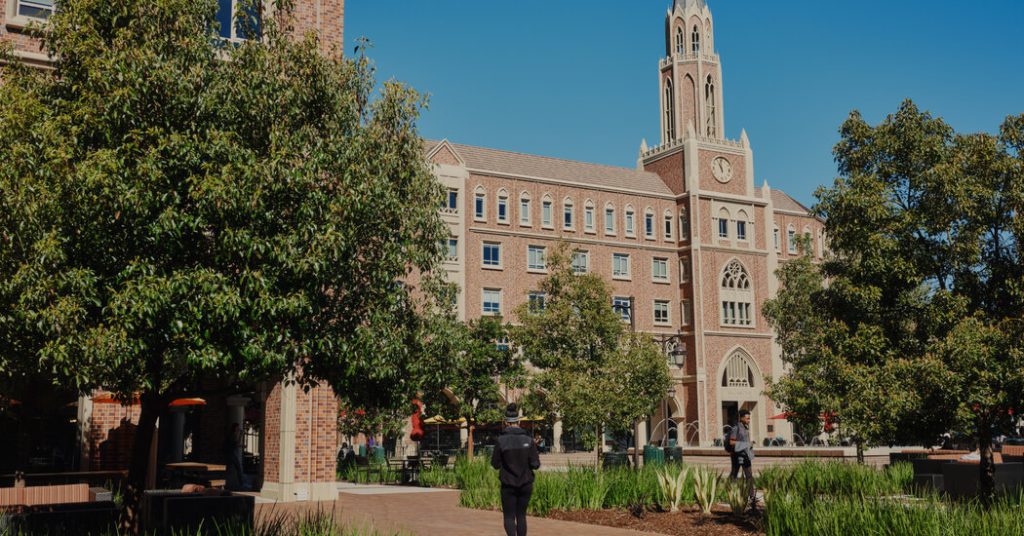The University of Southern California recently sparked controversy by canceling plans for Muslim valedictorian Asna Tabassum to deliver a graduation speech, citing security concerns related to her social media posts supporting Palestinians. This decision has been met with criticism from the Council on American-Islamic Relations, as well as from Tabassum herself, who expressed shock and disappointment. The cancelation comes amid ongoing free-speech debates at universities, with pro-Palestinian protests often facing accusations of antisemitism from Jewish students and alumni.
The decision to cancel Tabassum’s speech was announced by the university’s provost, Andrew T. Guzman, who emphasized the escalating tensions surrounding the valedictorian selection. He clarified that the choice was not about freedom of speech and was made in response to security and disruption concerns at the commencement ceremony. While the university did not confirm receiving any credible threats, the controversial move has raised questions about the motivations behind the decision and the potential impact on free speech on campus.
Tabassum, a first-generation American of South Asian descent, has questioned the university’s decision and expressed doubts about whether safety was the sole reason for revoking her invitation to speak. The Council on American-Islamic Relations condemned the cancelation as “cowardly” and called for USC to reverse its decision. The valedictorian, who has been recognized for her academic achievements and community service, remains at the center of a debate that has brought attention to the intersection of free speech, political beliefs, and security concerns in the university setting.
The announcement of Tabassum as the 2024 valedictorian was initially met with praise for her accomplishments, including her volunteer work with nonprofit organizations in Los Angeles and her commitment to addressing medical needs in underserved areas. However, concerns were raised by a campus group known as Trojans for Israel, which accused Tabassum of promoting antisemitic and anti-Zionist views on social media. This led to a public statement urging USC President Carol Folt to reconsider the selection, further fueling the controversy surrounding the valedictorian and her planned graduation speech.
The situation reflects broader tensions on college campuses, where competing political ideologies and expressions of identity can clash, leading to debates about free speech and censorship. The cancelation of Tabassum’s speech highlights the challenges universities face in balancing security considerations with ensuring a diverse range of voices are heard. As the situation continues to unfold, it raises important questions about the limits of free speech, the impact of online activism, and the role of universities in fostering open dialogue and inclusivity within their communities.


